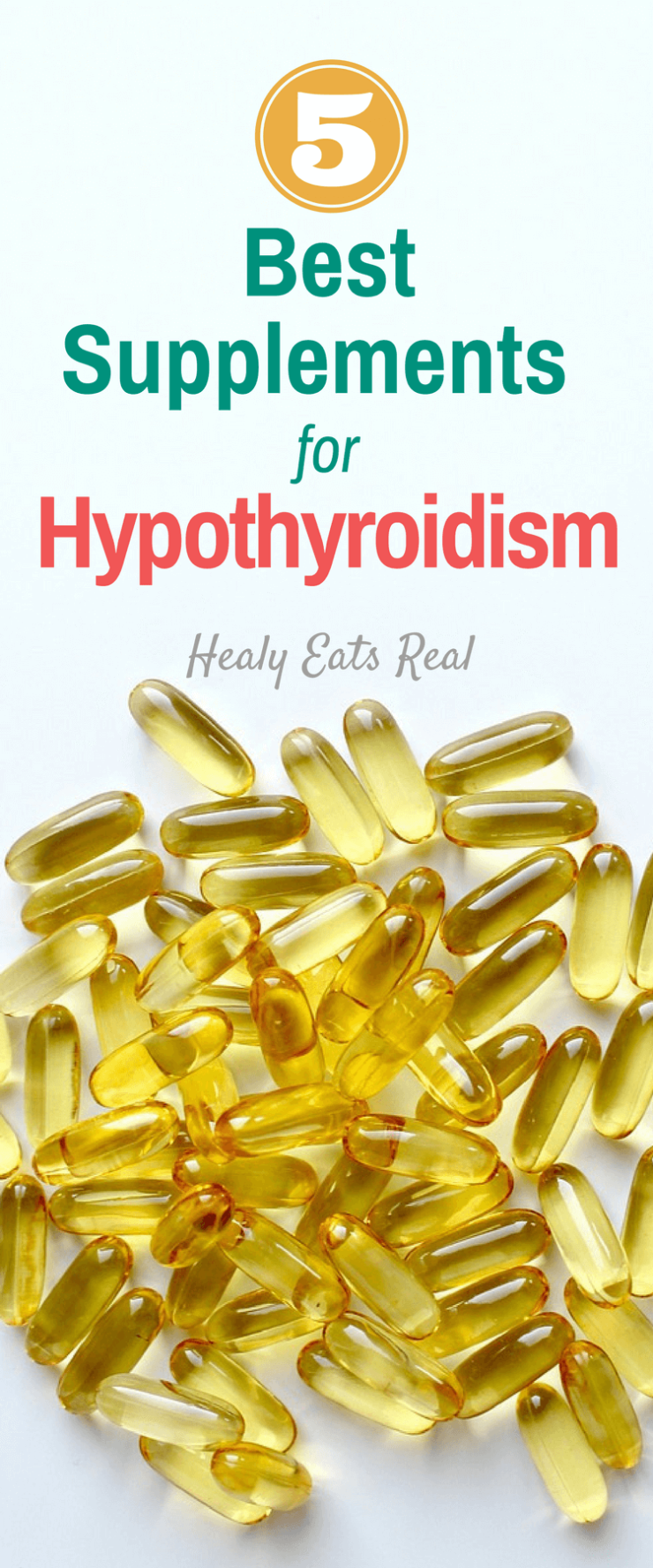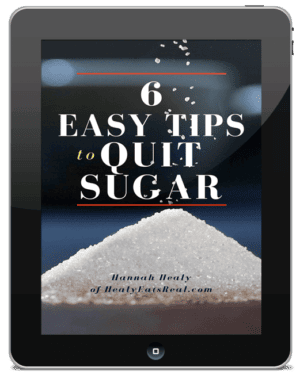5 Best Thyroid Supplements for Hypothyroidism
This post may contain affiliate links. As an Amazon Associate I earn from qualifying purchases. Please read the disclosure policy.
Figuring out which thyroid supplements to take for hypothyroidism can be confusing. This article reviews the latest research on certain supplements that can act as an integral part of your healing.
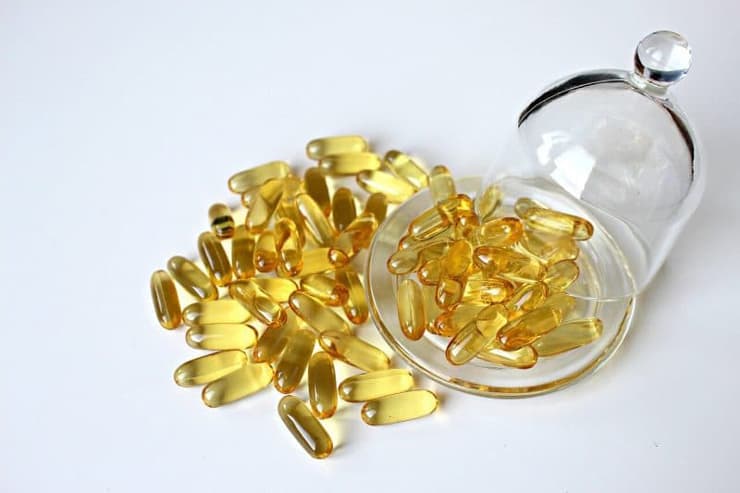
Assessing the Right Thyroid Supplements for Hypothyroidism
Many nutritionists argue that thyroid supplements are often not necessary if you eat a diversified diet. However, it is my view that avoiding certain foods and adopting a nutrient-dense diet along with whole food thyroid supplements can really enhance therapies for Hashimoto’s thyroiditis and hypothyroidism. Of course, the stress/mindset aspect shouldn’t be ignored either. That’s why things like meditation, low-impact exercise and affirmations shouldn’t be ignored when it comes to healing.
Unfortunately, many patients are so deficient in certain nutrients that supplementation is the only way to alleviate their deficiencies. Remember to choose supplements from whole food sources and to check with a trained nutritionist or doctor with a nutrition background to help you assess which and how much of specific nutrition supplements you will need to heal.
Is your thyroid issue also an autoimmune issue?
According to world-renowned thyroid expert and author of the book Why do I Still Have Thyroid Symptoms?, Dr. Datis Khazzarian, over 90 percent of hypothyroidism cases are autoimmune in nature. In fact, a person could have autoimmunity for years before experiencing symptoms of an underactive thyroid.
The reason for this is that the immune system gets confused and creates antibodies that attack healthy thyroid tissue. When enough thyroid tissue is destroyed and insufficient amounts of thyroid hormones are produced, this is when symptoms of a low-functioning thyroid appear.
The good news is that there are thyroid supplements that you can take to balance and support the immune system as well as the thyroid to put the attack on the thyroid into remission. Having a good diet and avoiding certain foods is also key. Of course, it goes without saying to consult your doctor or functional medicine practitioner in order to assess if these thyroid supplements are right for you.
5 Best Thyroid Supplements for Hypothyroidism or Hashimoto’s:
1. Omega-3 Fatty Acids
Most people that eat today’s highly processed diet are exposed to high levels of oils (like genetically-modified corn and soy) that are high in omega-6 fatty acids. The problem with this is that when omega-6 fatty acids out-number omega-3 fatty acids in the diet, increasing levels of inflammation are seen. This sets the stage for an array of diseases that include autoimmune thyroiditis, diabetes, obesity, and cancer.
When it comes to autoimmunity, the role of omega-3 fatty acids from fish oil is well documented. Omega-3 fatty acids have anti-inflammatory properties and studies have found that they can decrease disease activity and lower the use of anti-inflammatory drugs.
What’s the best way to take omega-3s?
- The best way to guarantee that you are getting optimal amounts of omega-3 fatty acids is to consume wild-caught fatty fish like salmon and mackerel three to four times per week (if you’re concerned about mercury, read this first). Fish and seafood not only contain omega-3 fatty acids, but they also contain important vitamins and minerals that act like antioxidants.
- Another option is to supplement with fish oil. As fish oils are highly volatile and can be easily oxidized when exposed to heat (like when you consume it), it is important to find fish oil supplements that are blended with antioxidants. Studies have found that omega-3 fatty acids mixed with olive oil extracts to be effective in combating inflammation.
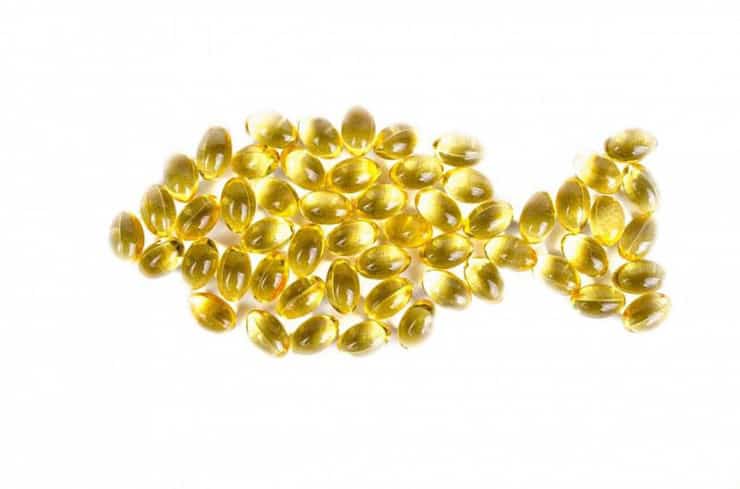
2. Selenium
Studies have found that taking selenium supplements every day can decrease thyroid antibodies. Selenium is also a crucial ingredient needed to form thyroid hormones. A selenium deficiency cannot only decrease the amount of thyroid hormones that are formed, but it can exacerbate an autoimmune condition.
This is because selenium is responsible for clearing the hydrogen peroxide that is formed with iodine (the inactive form) is turned into iodide (the active form). If large amounts of hydrogen peroxide are formed, this causes inflammation and signals the immune system to clear it. If this process becomes dysfunctional, a lack of selenium can be a very real trigger of autoimmune thyroiditis.
What’s the best way to take selenium?
Dr. Isabella Wentz, an expert in Hashimoto’s thyroiditis and author of the books, Hashimoto’s Thyroiditis, recommends taking selenium along with vitamin E and thyroid medication (if you take it) on an empty stomach in the morning.

3. Zinc
The majority of people with Hashimoto’s thyroiditis have a deficiency in zinc. This has to do with the fact that zinc needs a good amount of stomach acid to be sufficiently absorbed. People with Hashimoto’s typically have low levels of stomach acid, hindering the optimal absorption of nutrients like zinc.
Zinc deficiency is often the cause for hair loss associated with an underactive thyroid. A case study done on a woman with severe alopecia (or hair loss), scaly lesions on her scalp, and hypothyroidism found that supplementing with thyroid medication did nothing for her hair loss. When zinc supplementation was added to her therapy, the scaly lesions disappeared within a month and she had complete hair re-growth within four months.
What’s the best way to take zinc?
It is important to note that increasing zinc intake can block the absorption of copper (causing other issues). In order to avoid this, for every 15 mg of zinc you take, it is also important to take 1 mg of copper or get a zinc supplement with copper already in it.

4. B-Complex Vitamins
People with one autoimmune disease are more susceptible to acquiring other autoimmune diseases. One common autoimmune disease associated with Hashimoto’s is pernicious anemia. Antibodies attack the parietal cells of the stomach, hindering their ability to produce intrinsic factor, which is essential for the absorption of vitamin B12.
A deficiency in vitamin B12 can cause fatigue, muscle aches and weakness, and depression and anxiety (all symptoms associated with hypothyroidism).
What’s the best way to take B Vitamins?
- To date, most doctors replete vitamin B12 with intramuscular injections. However, there are a few studies that have found that a sublingual vitamin B12 or a spray under the tongue can be just as effective.
- Other B vitamins are equally as important in boosting the metabolism as they are responsible for drawing energy from the foods that we eat and from body fat. Since people with hypothyroidism suffer from lower metabolism, it is important for this population to also take a b-complex vitamin. This will work synergistically with thyroid medication to enhance metabolism.

5. Iodine (sometimes…)
Many natural health care practitioners automatically prescribe iodine when they detect a thyroid issue. However, this may be a mistake.
Statistically, in countries where there are severe iodine deficiencies, goiters (or the enlargement of the thyroid) are seen. In countries where iodine is put back into the food system (like in salt), higher incidences of Hashimoto’s thyroiditis are seen.
Processed table salt can have many negative health effects, so it is recommended to only use sea salt or Himalayan salt.
When you consider that most people eat a highly processed diet with a lot of salt, their exposure to iodine is increased and there is a higher danger of iodine affecting an autoimmune disease negatively.
What’s the best way to take iodine?
It is important not to get more than 150mcg of iodine per day in order to avoid an autoimmune attack. Typically, you do not need a supplement to do this.
You can get good amounts of iodine from incorporating seaweed, kelp flakes and other sustainable seafood into your diet.
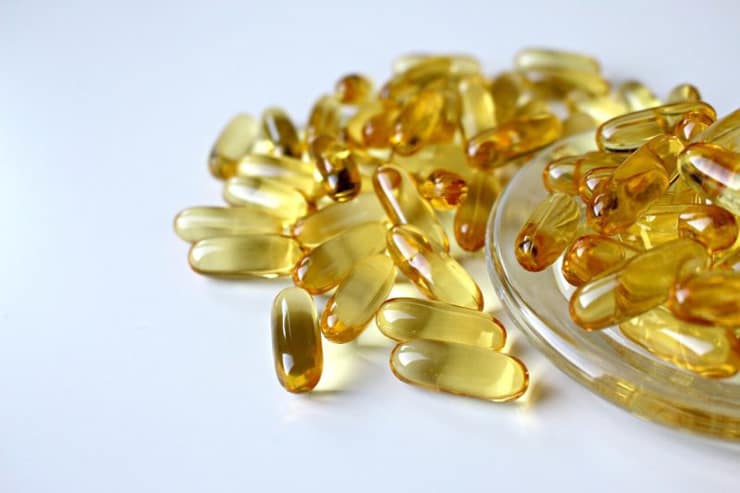
Know what’s REALLY going on with your thyroid levels so you can finally recover…
Unfortunately, when it comes to the thyroid, many regular doctors don’t look at the whole picture. It’s important to test your thyroid hormones to know what is going on in your body specifically so you know what to do about it. Doctors usually only test for TSH or T4 levels, tops. The problem is, you can still show up as “fine” with these tests and still have underlying issues like fatigue, weight gain, anxiety and depression.
That’s because you need to test for Free T3, reverse T3 and Free T4 as well. These tests tell a bigger story – one that your doctor won’t see from just the TSH and T4 tests they run.
Sadly, sometimes it can be like pulling teeth to get your doctor to order those tests.
I’m not saying to ditch the doctors, but it’s tough to rely on them 100%. If you want to take your health into your own hands, you can test your levels yourself. I use True Health Labs to keep an eye on my hormone levels. It measures TSH, Free T4, Free T3, reverse T3, total T3, T4 and it screens for autoimmune Hashimoto’s so I can get a complete picture of my thyroid health. I don’t need a doctor to get the test for me since I can order it myself.
Does your doctor say, “It’s not bad enough?”
Did you know that you can have sub-clinical hypothyroidism? That’s where your thyroid readings aren’t flagged as bad enough to be considered hypothyroidism to warrant medication, but many people still suffer symptoms like fatigue and weight gain that may necessitate the use of certain supplements.
That’s why I take my results to my naturopathic doctor, one who understands both western medicine and alternative healing methods, so we can read the results together and get to the root cause of it all.
I really recommend you find a good naturopathic doctor. But, you can also order your own thyroid test from True Health Labs and use my discount code HEALY5.

Foods to Avoid for Hypothyroidism
Certain foods can actually worsen your symptoms and hinder thyroid function, so it’s crucial that you know which foods to avoid to support healing of your hypothyroidism and to lower your chances of symptoms. Click here to see the top foods to avoid for hypothyroidism.
Best Foods for an Underactive Thyroid
Knowing the right foods to eat to support a healthy thyroid is a important part of healing. Make sure you check out my list of best foods for hypothyroidism to help you!
Additional Hypothyroidism Resources:
- 5 Thyroid TOXINS in Your Home
- 5 Steps to STOP Hypothyroidism Hair Loss
- Top 4 Thyroid Detox Mistakes
- 5 Reasons Cruciferous Vegetables are NOT Bad for Your Thyroid
- 5 Foods to Avoid for an Underactive Thyroid
- 6 Best Foods for Hypothyroidism
